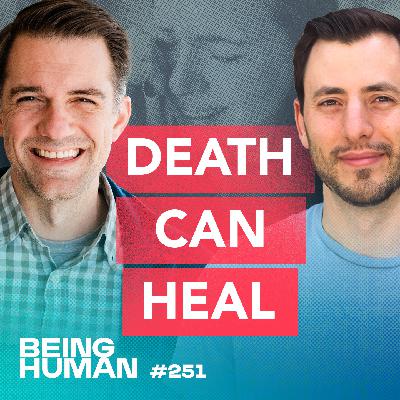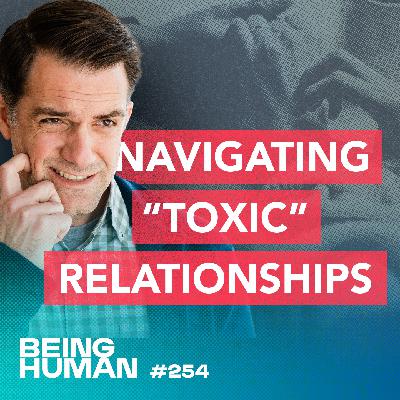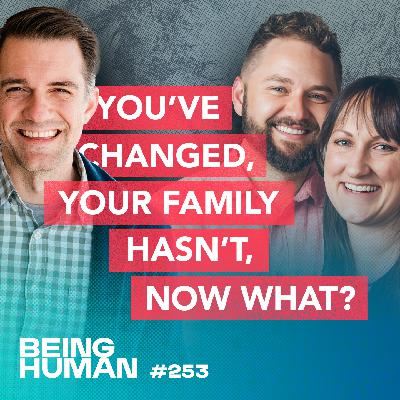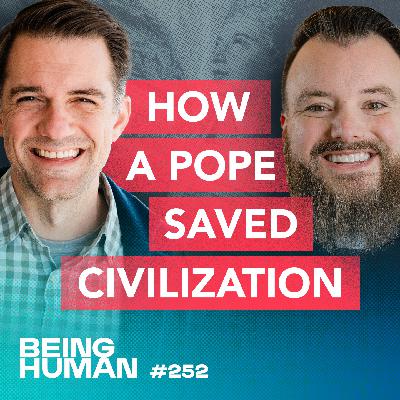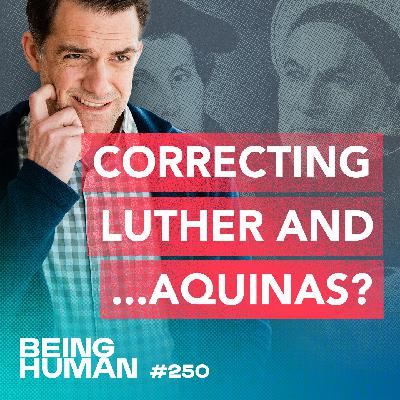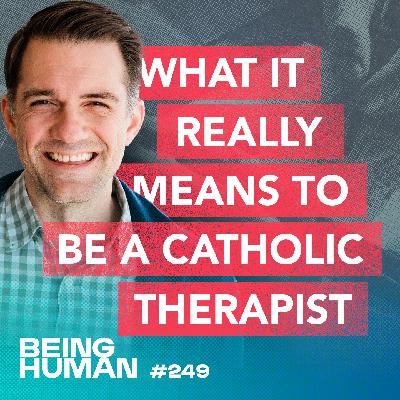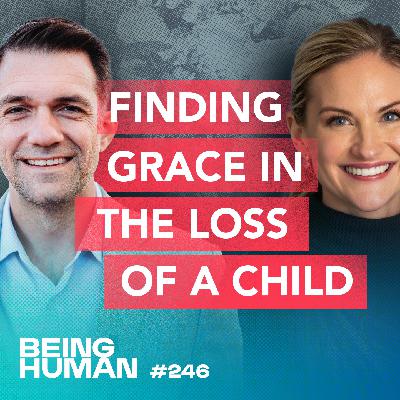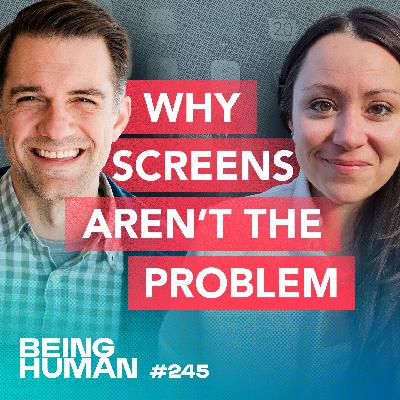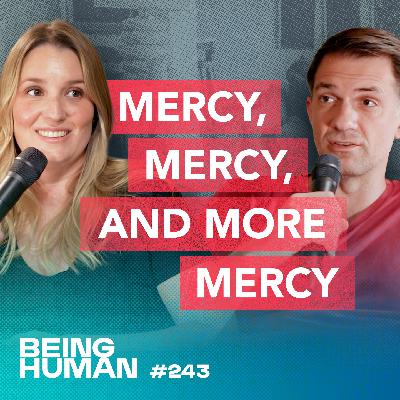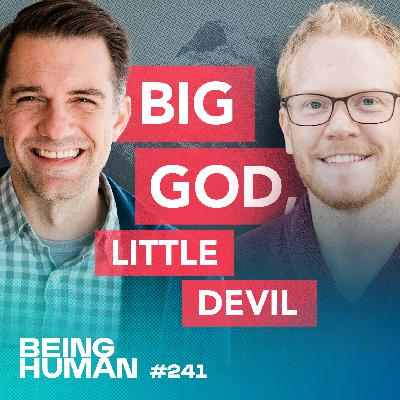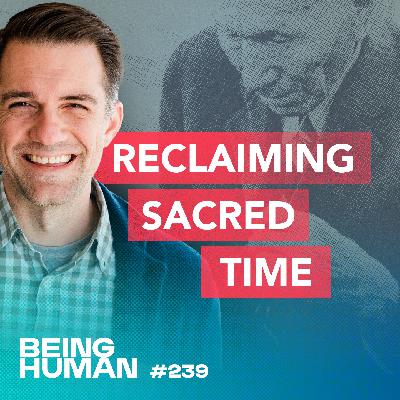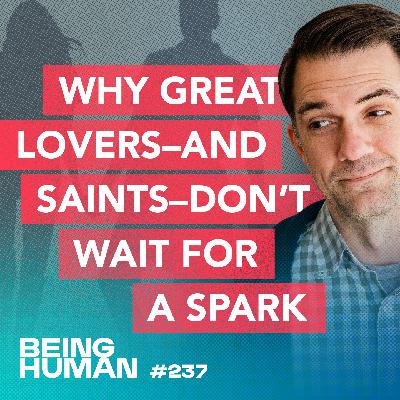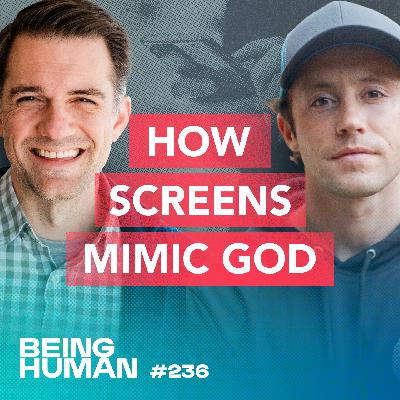Episode 251: Death Can Heal: A Conversation on Grief, Sin, Resurrection, and the Dignity of the Human Person
Update: 2025-11-04
Description
Dr. Greg is joined by Certified CatholicPsych Mentor Jack Beers for a deep and honest conversation about the Church's invitation to mourn well—especially during the month of November. What begins as a discussion on liturgical rhythms becomes a surprising and moving reflection on death, grief, legacy, and the radical hope of sainthood. Together, they explore how embracing the reality of death—rather than avoiding it—can actually lead to greater peace, healing, and flourishing.
Key Topics:
- How meditating on your own death can bring clarity, peace, and purpose
- How popular culture distorts death—and what we lose when we avoid it
- Why the Church dedicates the month of November to the dead, and why it matters for your spiritual life
- The difference between ruminating on death and reflecting on it with intention
- Why Catholics are called to live in the tension of grief and resurrection
- How mourning connects us to legacy, eternity, and the call to become saints
- A practical invitation to pause, reflect, and realign at the end of the liturgical year
- What Jesus' response to Lazarus reveals about mourning with hope
Learn More:
- Related episodes on Spiritual Warfare:
- Related episodes on Halloween:
- Need help? Schedule a free CatholicPsych consultation
- Want to help? Learn more about our Certification in Professional Accompaniment
Follow Us on Socials: Instagram | Facebook | YouTube | Twitter (X) | LinkedIn
Comments
In Channel

